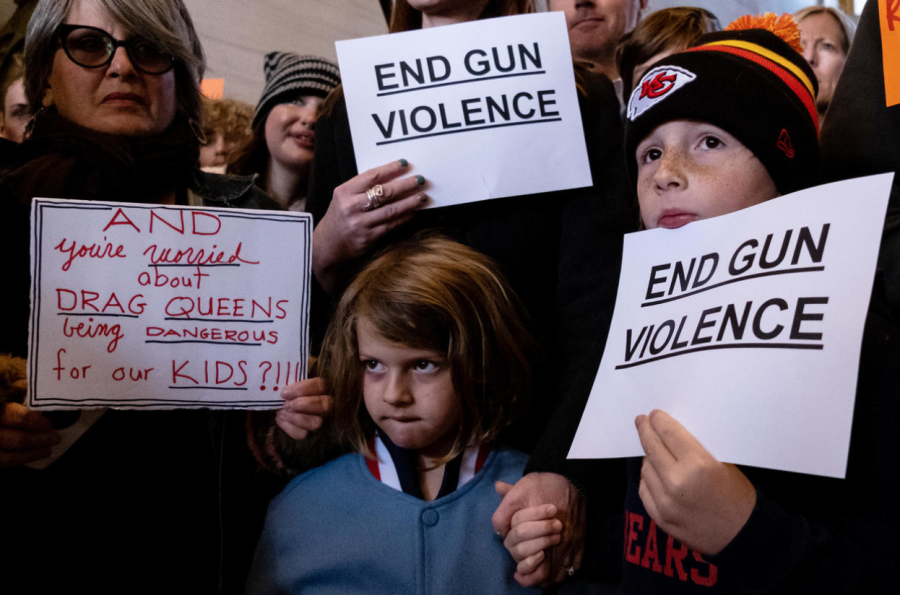In a gathered attempt for change across New Jersey hospitals, nurses have continued to go on strike; planning to stay as such unless changes, relating towards the easement of the work environment, take place. While negotiations and speeches happen, it’s important to understand what changes they want made, among other things.
The strike supposedly began as far back as August 4th, one of the main causes for the strike forming in the first place is the ‘nurse to patient’ ratio. To put it simply, nurses are required to take care of more than one patient, which while it seems obvious, the ratio as of late has been way too unmanageable for the standard nurse. Some have reported that it has been a ‘one to nine’ ratio, meaning that one nurse had to be responsible and take care of nine separate patients. Considering the intensive labor and complicated treatment that goes into taking care of one person, it can’t be too hard to see that taking care of nine separate people began to take a toll on the wellbeing of nurses. Negotiations have been made and nurses say that, optimally, they’d want to take care of five maximum. As of right now, no middle ground has been reached on this.
Alongside the nurse to patient ratio, it connects to another issue some nurses have been experiencing, being staff shortages. In order to keep up with the previously mentioned nurse to patient ratio, it can be only lowered by having more nurses in the hospital, which is the main problem. A nurse, Debra Stoner, states that “I work in an ICU. We are stretched to the bone, and it’s not right”. After the COVID-19 pandemic, a large majority of nurses got burnout and quit, causing the shortage. A solution that has been proposed is that ambulances should take patients to a different hospital if they’re currently overwhelmed, as it could help evenly split the work between two hospitals and overall lessen the stress, which is vital for keeping the work ethic after the large loss of nurses post COVID-19.
Negotiations are continuing to be made as the strike continues. With record levels of burnout causing the large loss of nurses, with an estimated 100,000 leaving during COVID and an estimated 800,000 to leave by 2027, drastic changes need to be made to keep nurses from being overworked with multiple patients. While administrators won’t let up, nurses around New Jersey remain hopeful for any sort of change.










































































